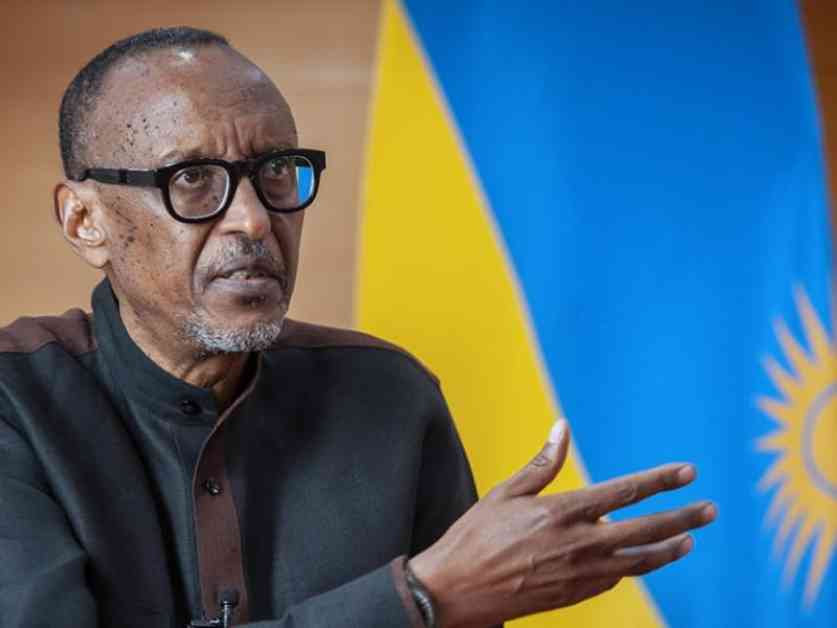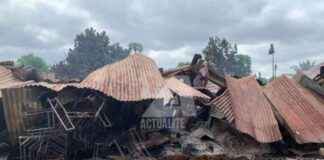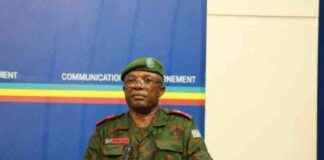Canada Imposes Sanctions on Rwanda for Violating DRC Sovereignty
In a bold move on Monday, Canada announced a series of sanctions against Rwanda in response to its involvement in the conflict in the eastern Democratic Republic of the Congo (DRC), denouncing a “flagrant violation” of Congolese sovereignty. The joint statement issued by the Minister of Foreign Affairs, Mélanie Joly, the Minister of International Development, Ahmed Hussen, and the Minister of Export Promotion, Mary Ng, condemned, in the strongest terms, the advancement of the March 23 Movement (M23), which recently gained control of several areas, including Goma and Bukavu.
Expressing deep concern over the situation, the ministers also condemned the presence of Rwandan defense forces in the DRC and their support for the M23, citing these actions as blatant violations of the territorial integrity and sovereignty of the DRC, as well as the United Nations Charter.
Canada’s Response and Sanctions
In response to Rwanda’s actions, Ottawa made the decision to suspend the issuance of permits for the export of controlled goods and technologies to Kigali. Additionally, Canada put an end to new commercial initiatives between the two governments and restricted its support to private companies engaged in economic activities with Rwanda. Furthermore, Canada announced a reevaluation of its participation in international events hosted by Rwanda and proposals from Kigali to host future international meetings.
The Rwandan High Commissioner to Canada was summoned by Global Affairs Canada to be briefed on Canada’s stance and the measures taken in response to the situation. These actions underscore Canada’s commitment to upholding international norms and ensuring respect for the sovereignty of nations.
Humanitarian Concerns and Support
Amidst the escalating tensions, the Canadian government expressed particular concern over the atrocities committed in eastern DRC, including attacks on civilians, internally displaced persons, humanitarian workers, and UN and regional peacekeepers. Of particular alarm were reports of sexual violence against women and girls in connection with the conflict.
In a show of solidarity with the affected populations, Ottawa announced a $15 million Canadian dollar package for humanitarian aid in the DRC to address the needs of those impacted by the crisis. This support underscores Canada’s commitment to alleviating the suffering of vulnerable populations and promoting peace in the region.
Canada reiterated its support for regional diplomatic efforts, including those led by the Southern African Development Community (SADC), the East African Community (EAC), and the African Union. The Canadian government urged all parties involved to honor their commitments within the framework of the Luanda and Nairobi processes for a peaceful resolution of the conflict.
As tensions continue to simmer in the region, the international community looks to Canada for its principled stance and commitment to upholding the rule of law and human rights on the global stage. Through targeted sanctions and humanitarian assistance, Canada stands as a beacon of hope in a region plagued by conflict and instability.

















